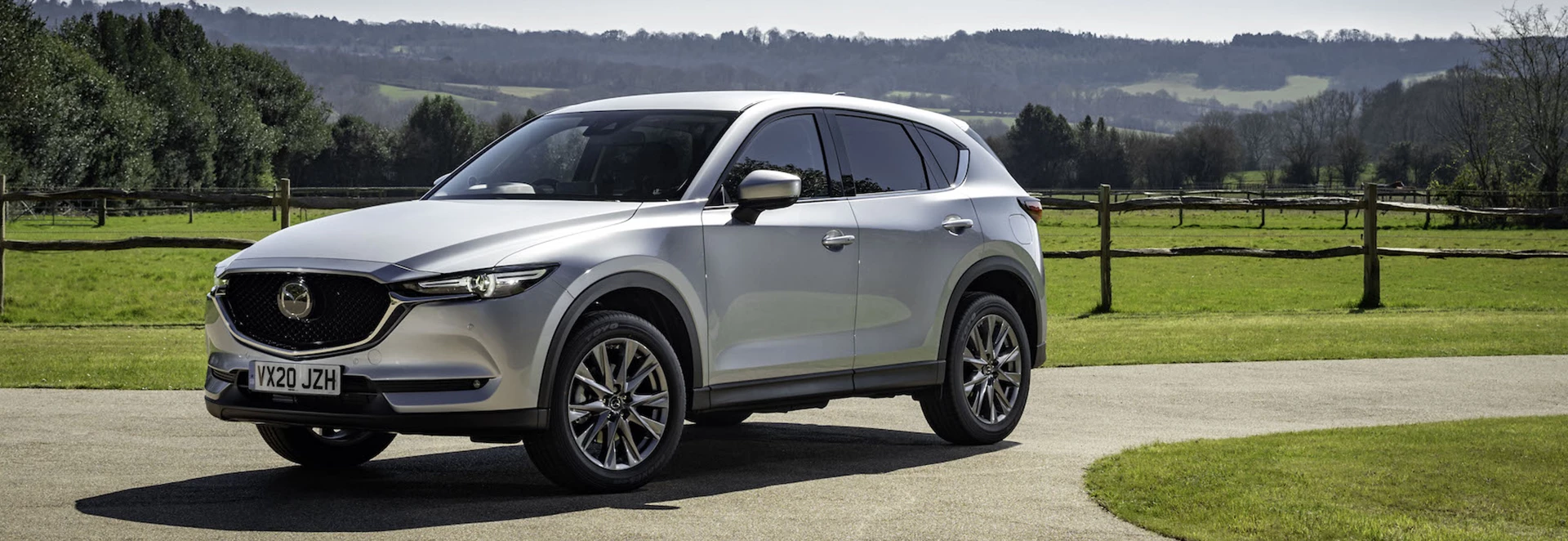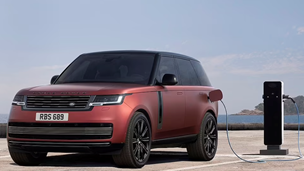Each year you probably think you’re just getting to grips with the latest vehicle tax changes, and then, just like that, it alters again.
Well, that time has come around again as from April 1, a host of vehicle tax measures are set to be introduced. Depending on the car you’re looking to buy, it could make little or no difference whatsoever, but on other models, it could leave you quite heavily out of pocket.
Here’s what you need to know about the changes…
Changes to the way tax is calculated – CO2 emissions
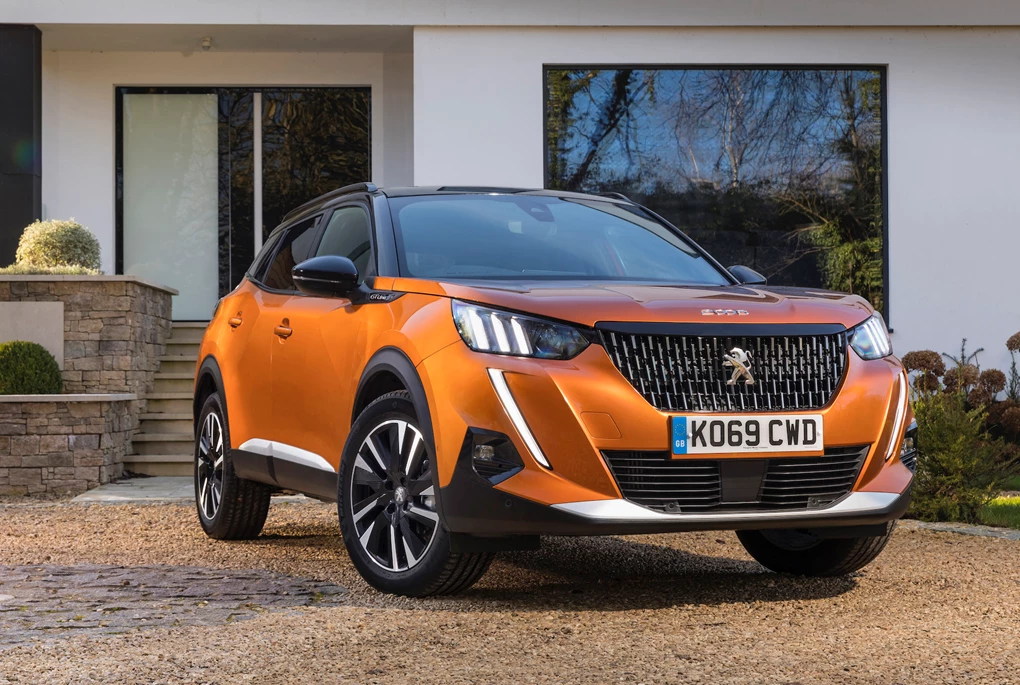
Keep updated on all the latest news: Subscribe to our newsletter >
Your car’s CO2 emissions is what dictates the tax band your car sits in during the first year of ownership, which ultimately decides what you pay in terms of tax.
One of the key changes being brought in this time is a change in the way CO2 emissions are being calculated. Up until now, they’ve been set with something known as the New European Driving Cycle (NEDC) but from April it changes to the Worldwide Harmonised Light Vehicle Test Procedure (WLTP).
That might all sound rather complicated, but what it means is that the procedure to work out emissions is going to become far more realistic under more of a ‘real world’ test to better evaluate the amount of CO2 a car produces. But as this new test is set to be a better reflection of actual driving conditions, it means that a car’s official emissions will rise for new vehicles. For some new cars, it places them in a different tax band – simultaneously making you pay more, though others won’t be affected.
For lesser-polluting models, it might mean a slight increase of £20 per year, but for heavily emitting models, you could pay up to £535 more to tax your car in the first year than if it was registered pre-April.
Alterations for cars not meeting the nitrous oxide standard
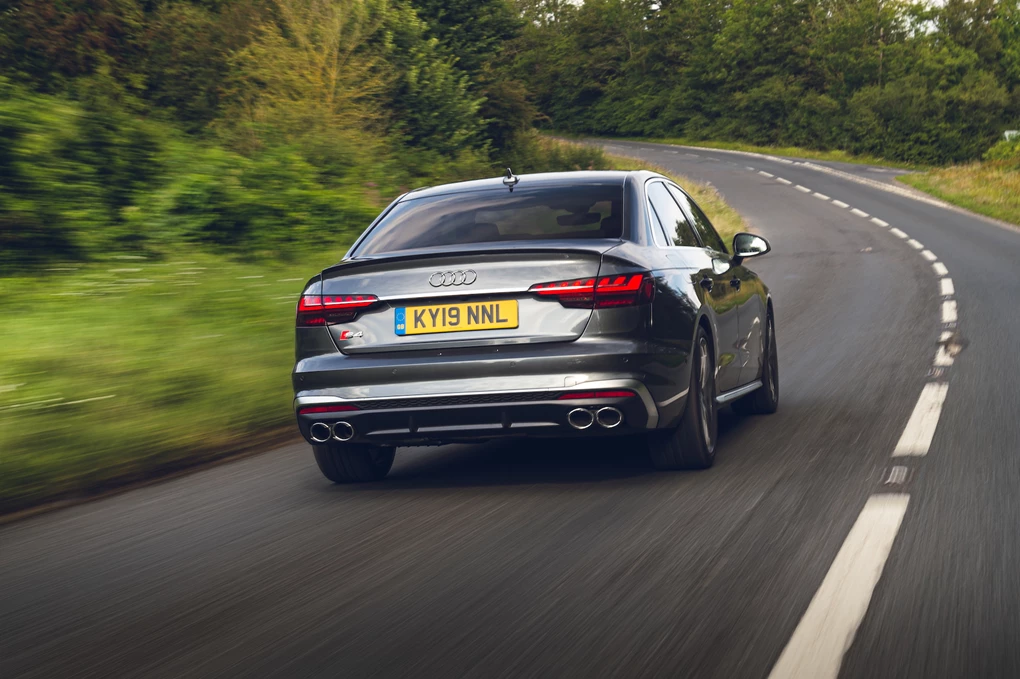
The complexities also continue with diesel cars – specifically if it adheres to RDE2 (Real Driving Emissions) for nitrous oxide. If the car doesn’t meet these standards, it pushes the car into the next tax band automatically. Check with the manufacturer if the new diesel car you’re considering meets this standard.
More expensive EVs are now road tax exempt
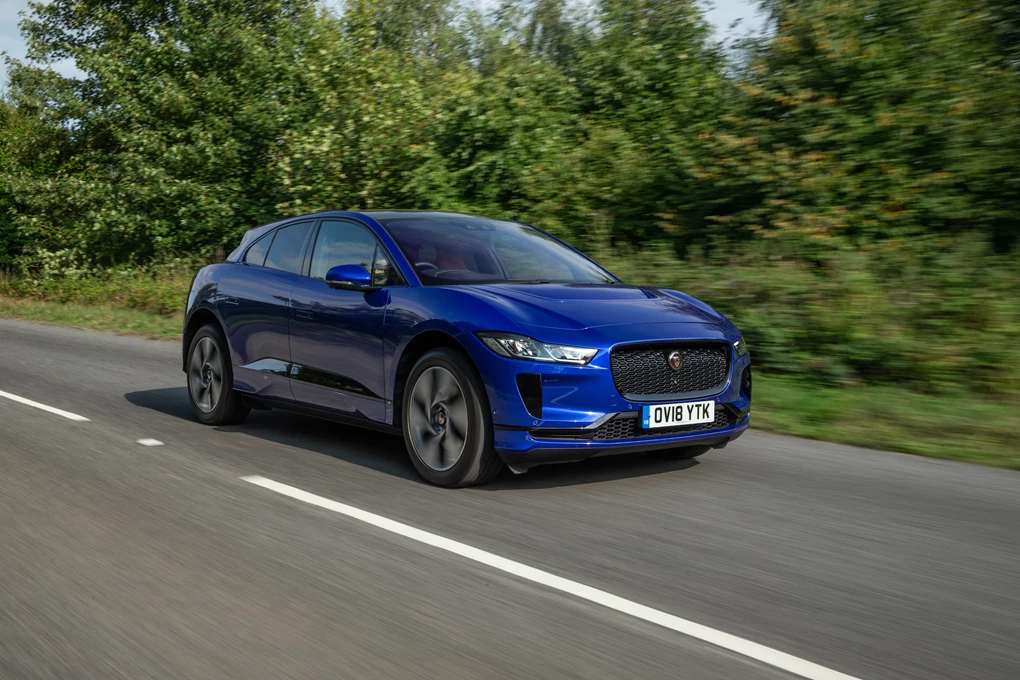
While all electric cars (producing zero emissions) are exempt from road tax in their first year, between years two and six of registration any car costing more than £40,000 new was subject to a premium car tax. It was something that proved to be controversial for electric cars – as it meant that plenty of EVs fell into this category. Thankfully, as part of the Chancellor’s announcements in the recent Budget, this has now been dropped from April. Previously, it meant drivers had to pay £320 to tax their EV for five years – therefore now this has been scrapped, drivers can save themselves £1,600 in that time. You’ll still have to pay this supplement if your petrol or diesel car has a list price of more than £40,000, however.
Will road tax increase on my used car?
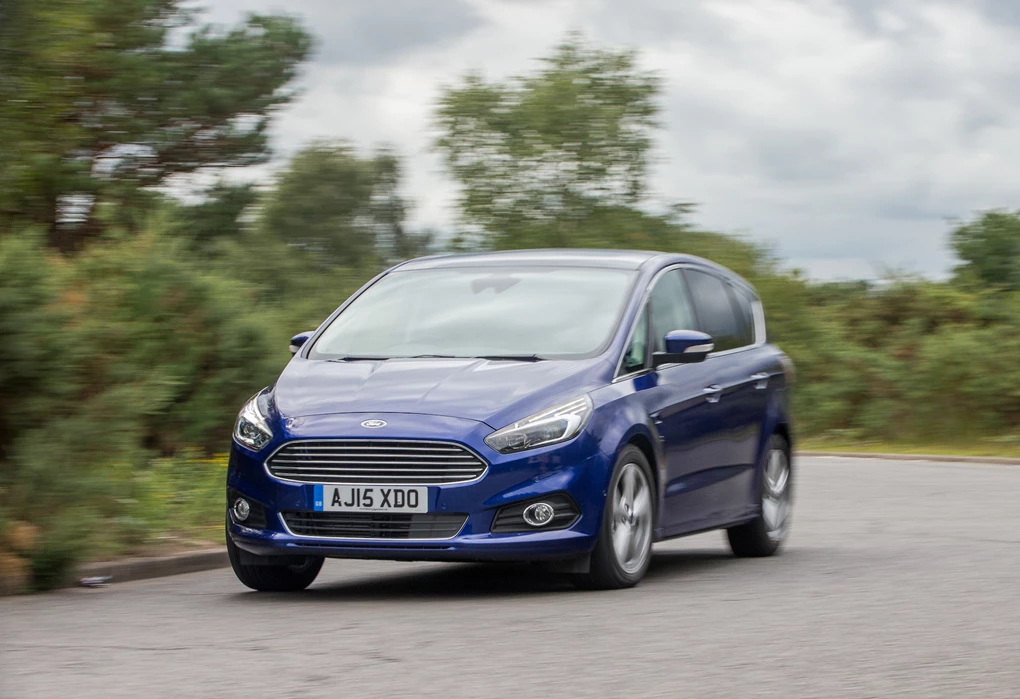
These new measures, aside from EVs, only affect new cars – meaning that if your car is older, your tax bill won’t change. Also, if your car was registered on or after April 1, 2017, after the first year, it’s not taxed CO2 emissions – rather just a flat rate.
This is £145 annually for petrol and diesel cars, £135 for alternatively-fuelled cars (including hybrids) and £0 for electric cars. If your car was registered before that date in 2017, it will not be affected by changes, either.
